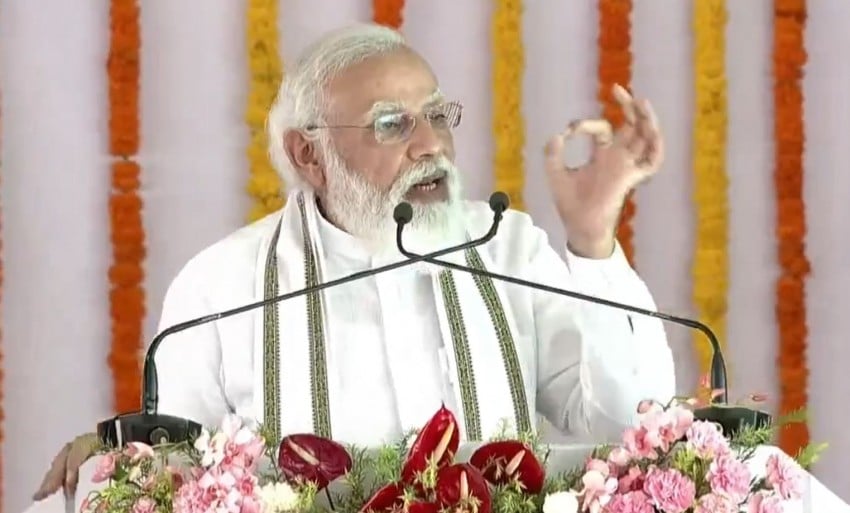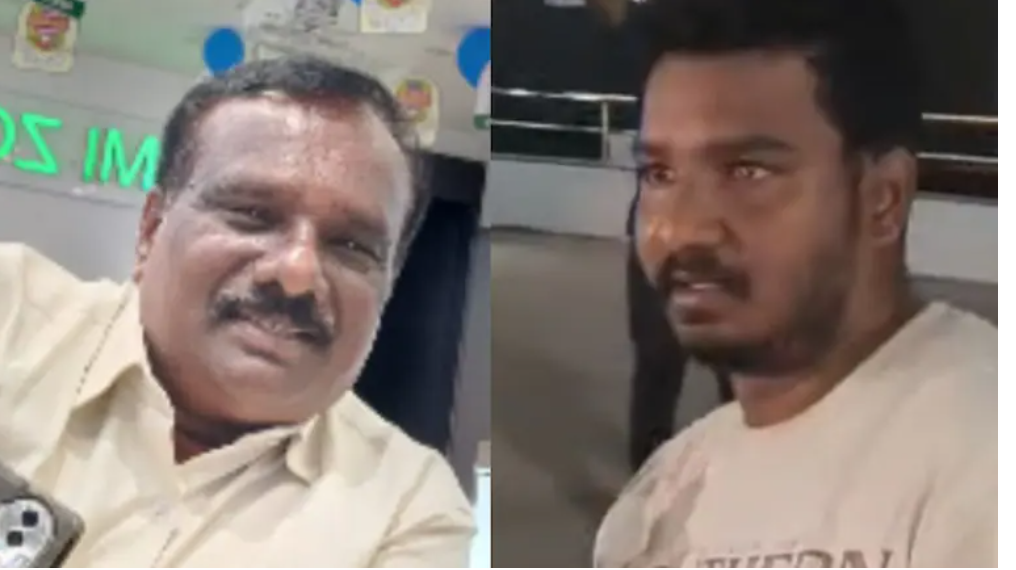India News
Narendra Modi 71st Birthday: A look at how PMO celebrated his birthdays during his tenure
The Prime Minister of India, Narendra Modi, is celebrating his 71st birthday on Friday. On the occasion of PMO’s birthday, the Bharatiya Janata Party (BJP) will organise a special campaign to help maximum people to get vaccinated against Covid-19.

India News
DMK leader’s son arrested after car rams family in Krishnagiri, one dead
A 20-year-old son of a DMK leader has been arrested for allegedly driving a car into four members of a family in Krishnagiri, killing assistant labour inspector Sivamoorthy.
India News
Security tightened across Delhi metro stations after bomb threat emails
Delhi is on high alert after bomb threat emails targeted metro stations, the Red Fort and the Assembly. Authorities confirmed the threats were hoaxes but tightened security as a precaution.
India News
JNU protest turns violent as Left and Right student groups trade charges
A late-night protest at JNU turned violent as Left and ABVP student groups accused each other of stone-throwing and attacks near the East Gate.























